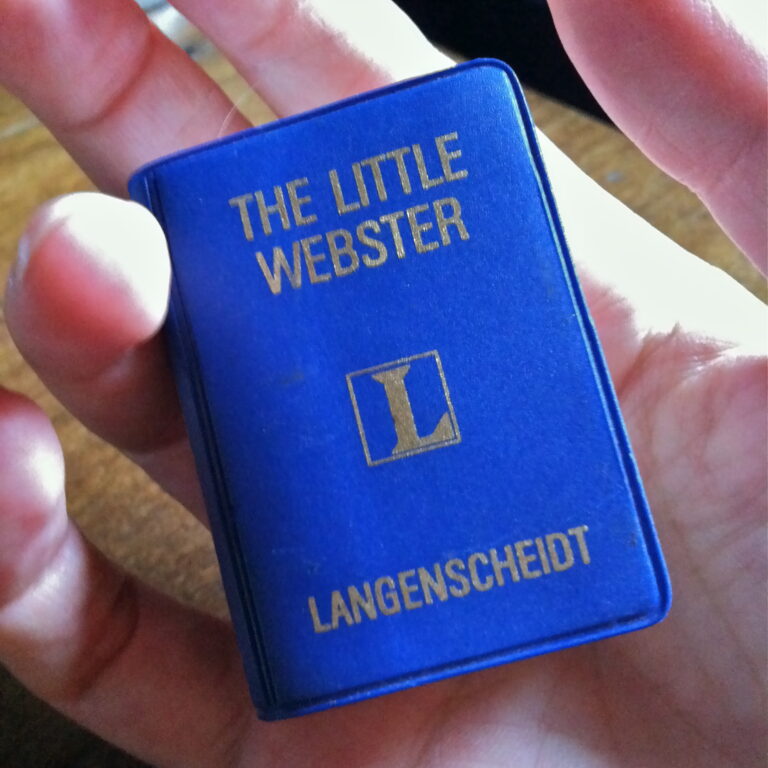Round-Up: Chicago Public Library Giveaway, the 2016 PEN Pinter Prize, and Gregory Rabassa

From the Chicago Public Library’s children’s book giveaway to the passing of a central figure in Latin American writing, here’s some of last week’s most important literary news:
-
Writer and activist Margaret Atwood was awarded with the 2016 PEN Pinter prize. The prize, named for playwright Harold Pinter, is given to a literary writer who casts an “‘unflinching, unswerving’ gaze upon the world and…define[s] the real truth of our lives and our societies.” Judges described Atwood as an “exemplary public intellectual” and a “consistent supporter of political causes.” As the recipient of the Pinter Prize, Atwood will select a co-winner for the prize, who will be announced this coming Fall. Atwood will spend October and November on tour for her newest novel, Hag-Seed.
-
Public libraries in Chicago want to get kids reading this summer. So, the eighty branches of the Chicago Public Library System hope to give away one million children’s books. Any child who signs up for the library’s summer program will receive twelve free books. Organizers of the giveaway described a “persistent lack of access to books in low-income neighborhoods,” as being a motivating factor for the event. In low-income Chicago neighborhoods, on average, the ratio of children to books is three-hundred to one. In contrast, the average middle class child owns thirteen books. The books will almost all be provided by Bernie’s Book Bank, a non-profit which seeks to increase book ownership among at-risk children.
-
Gregory Rabassa, translator and professor at Queens college, died this past week. Rabassa was the English translator of many critical Latin American texts, including Gabriel Garcia Marquez’s One Hundred Years of Solitude. A central figure in the “boom” of Latin American authors during the 1960s, he won a National Book Award for his translation of Julio Cortazar’s Hopscotch. He is also the recipient of the National Medal of Arts (2006), and a lifetime achievement award from the PEN American Center for his contributions to Hispanic Literature. A lifelong lover of language, Rabassa would often do his translations as he read a novel for the first time, stating in a memoir that “by doing things this way, I was birthing something new and natural.” He was ninety-four years old.


